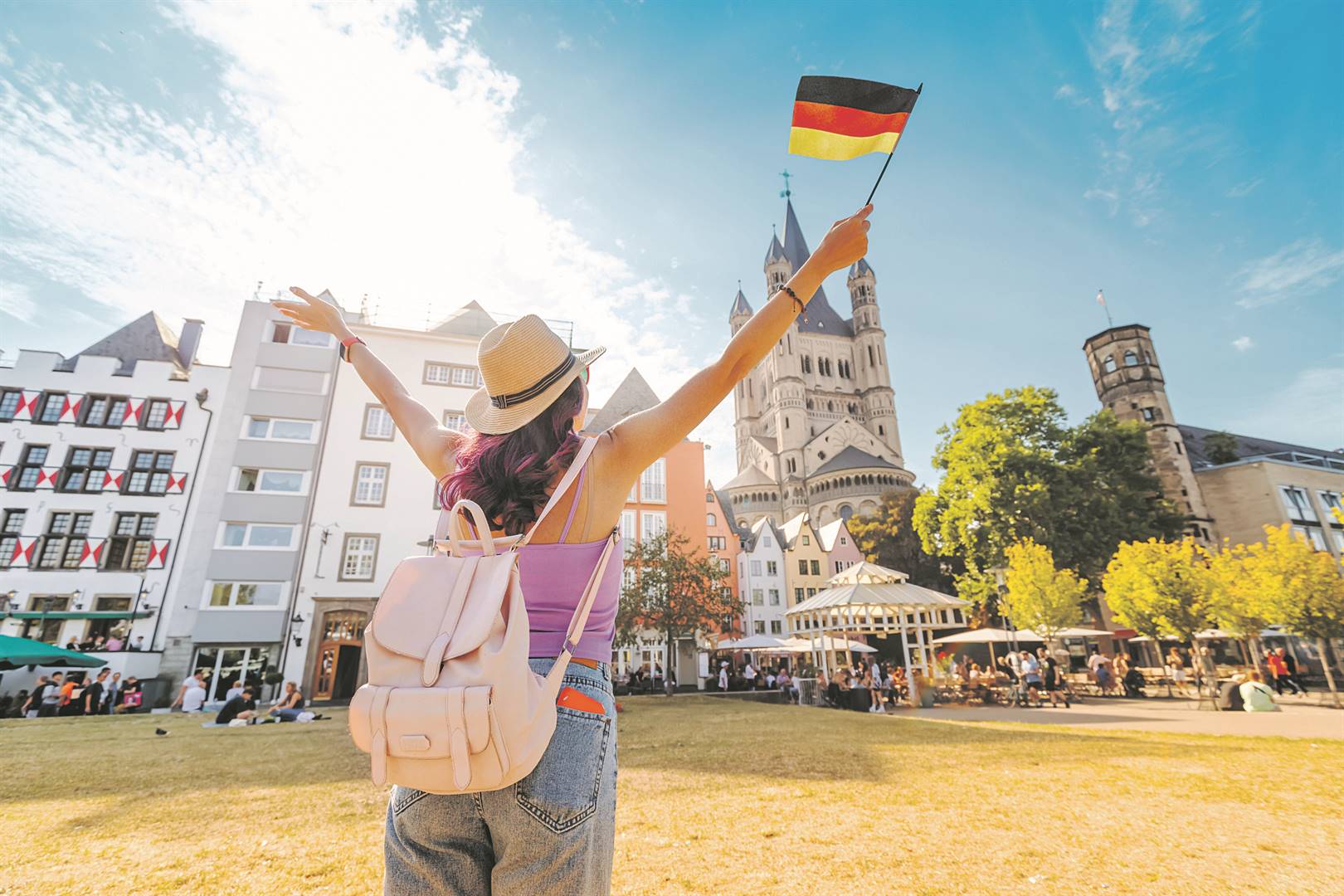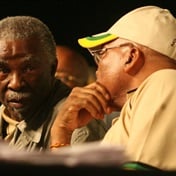
Fifty years ago, on September 18 1973, at New York’s East River, two German states joined the UN. This event was the result of a brief General Assembly resolution, yet it was anything but business as usual in the diplomatic world.
Almost three decades after the end of World War 2, which Germany unleashed, and the genocide of Europe’s Jews, which brought immeasurable suffering to millions of people, this day marked a return of the defeated enemy nation to the international community.
Germany’s accession to the UN came 28 years after the organisation was founded. That accession stands for our acknowledgment of German culpability and our commitment to the principles of the UN Charter, which strive for a world that relies on the strength of law, rather than the tyranny of the strong. September 18 1973 also stands for a deeply rooted understanding of German diplomacy.
German foreign policy must never limit itself to the protection of German interests. For 75 years, our basic law has imposed the requirement for our policy to “promote world peace [...] in a united Europe”.
That is why we joined over 140 states in the General Assembly supporting the people of Ukraine and in advocating the principles of the charter, in terms of which every state has the right to live in peace, without fearing that a stronger neighbour will attack it.
It is clear that we are living in a different geopolitical reality from that of the Cold War period. The opposition of an Eastern and Western bloc is, fortunately, a thing of the past. Instead, a new multipolar reality is emerging, in which we must organise cooperation.
We therefore seek to strengthen our partnerships with all states around the world, which value an international order based on the rule of law.
That order is no “Western ideology”, as some now assert. On the contrary, it is rooted in the UN Charter and thus in the universal conviction that all states and all human beings have equal rights, regardless of how powerful they are, and that no state must ever again be allowed to attack another.
READ: Fred Khumalo: Germany's pivotal hand in Africa's colonisation
For us Germans, these principles are also a lesson learnt from World War 2 and the atrocities that Nazi Germany inflicted on its neighbours.
We Germans therefore have a particular responsibility to strengthen the UN Charter. It is for this reason, too, that we are seeking to gain a seat on the security council during 2027/28.
Those who are calling this order into question have thus far failed to indicate on what principles a better, more just order should be built.
That means finally organising our international financial institutions and health agencies, as well as the UN Security Council, in such a way that our partners in Africa, Latin America and Asia have appropriate voices there.
This means putting the sustainable development goals at the heart of the UN.
It also means showing more ambition in efforts to curb the climate crisis, the greatest threat of our time, with a clear road map for phasing out fossil energies. And it means showing solidarity with the most vulnerable states, which are particularly hard hit by the effects of the climate crisis.
Yes, Western countries have made mistakes in the past. The Federal Republic of Germany’s delay in taking a stance against apartheid in South Africa during the days of the Cold War was a historic error.
The former East Germany, the German Democratic Republic, on the other hand, showed solidarity with the anti-apartheid movement in South Africa, as did the former Soviet Union and the entire Eastern bloc.
And we hear the voices of states that now say to us: “Russia was there for us when we needed help.” Yet it should not be forgotten that this Russia is today attacking a state that was itself part of the Soviet Union.
It is therefore perhaps no coincidence that some countries that previously belonged to the Warsaw Pact are today showing particular solidarity with Ukraine, because the people there know how precious freedom is.
As a 42-year-old German, I wish to clearly state that we admit our mistakes. We are learning from our past, but we are not living in it. We are shaping the future together.
Today, we do not merely stand by this promise. With our partners, we seek to find new ways of fulfilling it in a changed world – with courage and confidence for a strong UN and a better, more just future for everyone.
- Baerbock is the Federal Republic of Germany’s minister of foreign affairs.




 Publications
Publications
 Partners
Partners









